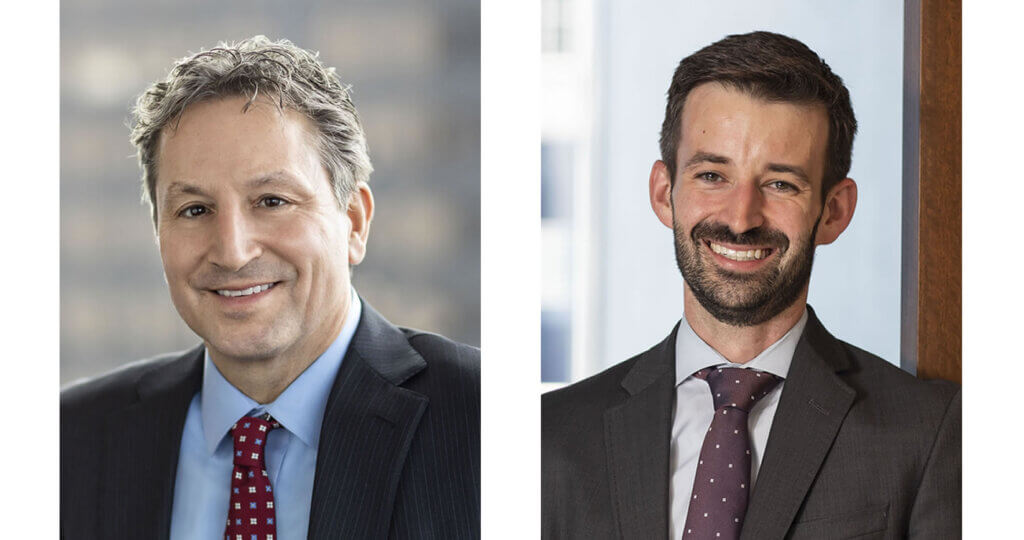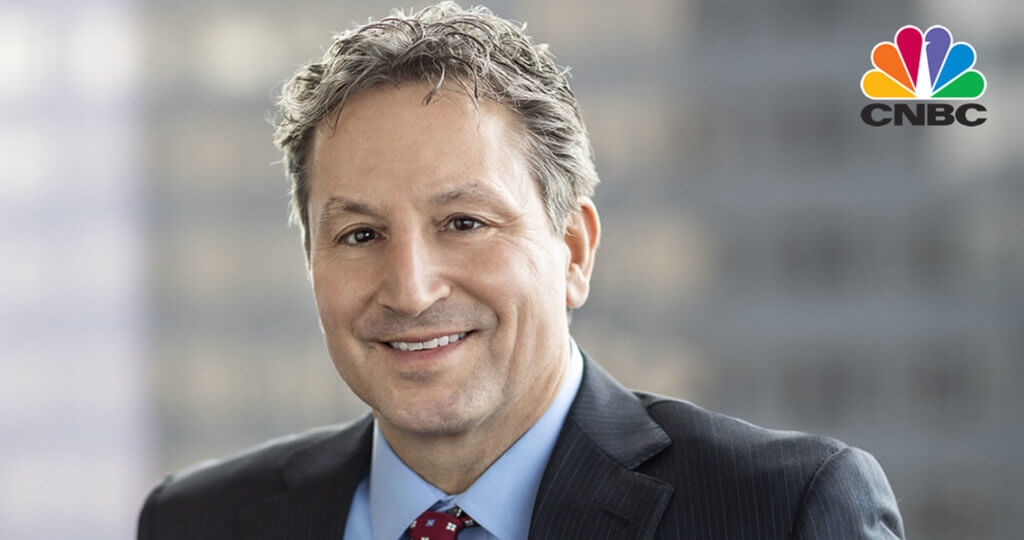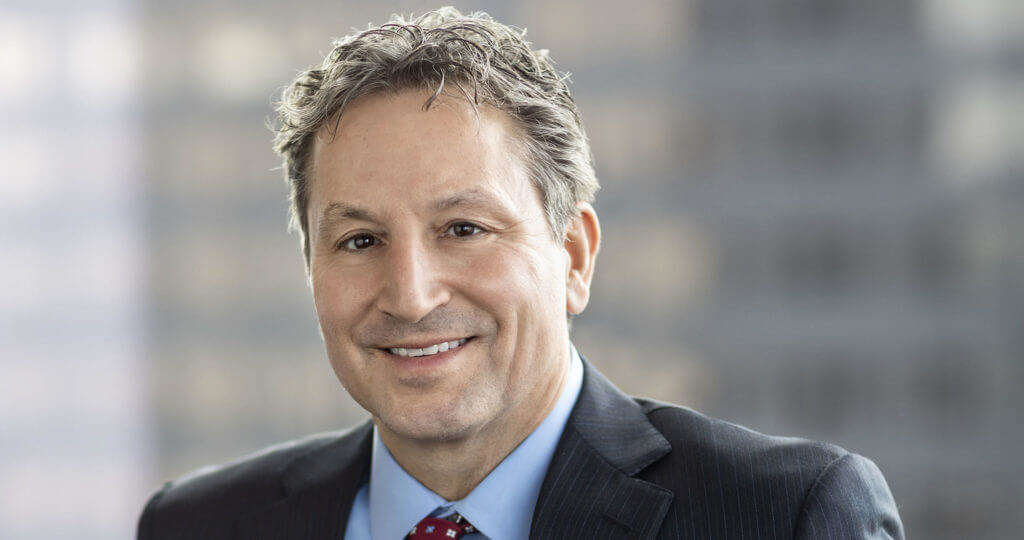Oakmark International Fund - Investor Class
Average Annual Total Returns 06/30/12
Since Inception 09/30/92 9.49%
10-year 7.05%
5-year -2.36%
1-year -13.64%
3-month -10.14%
Gross Expense Ratio as of 09/30/11 was 1.06%
Past performance is no guarantee of future results. The performance data quoted represents past performance. Current performance may be lower or higher than the performance data quoted. The investment return and principal value vary so that an investor’s shares when redeemed may be worth more or less than the original cost. The performance of the Funds does not reflect the 2% redemption fee imposed on shares redeemed within 90 days of purchase. To obtain the most recent month-end performance data, view it here.
The Oakmark International Fund declined 10% for the quarter ended June 30, 2012, underperforming the MSCI World ex U.S. Index, which lost 7% over the same period. Since its inception in September 1992, the Fund has returned an average of 9% per year, outperforming the MSCI World ex U.S. Index, which has averaged 6% per year over the same period.
The top contributor to the Fund’s quarterly performance was Diageo, a global maker and marketer of alcoholic beverages that returned 7%. Diageo’s emerging-markets business continues to grow at a good pace, and the company has seen positive effects from product mix and pricing in emerging regions. Momentum in developed markets remains steady overall. Though volume growth in Europe is still challenged, U.S. volumes have been performing better. Diageo will benefit from the continued growth of global spirits, and we remain confident in our investment thesis.
Another top contributor to performance was Meitec, returning 4% for the quarter. Meitec provides high-end outsourcing services to the research and development sector for various industries, including automobile, telecommunication, semiconductors, consumer electronics and industrial machinery. As the economic climate improves and hiring picks up, Meitec is poised to gain market share, especially since many other firms in this niche business went out of business during the global economic crisis. During the quarter, Meitec reported fiscal-year results — the company’s revenue growth and operating profit slightly exceeded our estimates, despite utilization rates of only 93.6%, well below the historical average of 97%. The main factor leading to the decreased utilization was a price increase that prompted some customers to not renew their contracts. We believe this decreased utilization is short term and expect it to steadily return to historic levels. Meitec continues to build shareholder value and has consistently returned 100% of earnings to shareholders via buybacks and dividends. We continue to believe Meitec is a solid investment opportunity for our shareholders.
Credit Suisse was one of the worst performers for the quarter, due to a weaker investment-banking environment and because of negative comments about the company in the Swiss National Bank’s (SNB) recent annual Financial Stability report. The SNB indicated that, in order to meet the Basel 3 requirements, Credit Suisse should stop its dividend payments and/or issue equity to more rapidly increase the company’s loss-absorbing capital. We found these comments odd since the SNB is not Credit Suisse’s regulator. FINMA (Credit Suisse’s regulator) is satisfied with Credit Suisse’s financial health. Additionally, Credit Suisse has until 2019 to meet Basel 3 requirements, and the head of the SNB even stated that “Credit Suisse’s plan corresponds to our assessment, but we’d like to see acceleration.” We forecast that Credit Suisse will meet Basel 3 requirements well before 2019. We already know that the Basel 3 requirements for Swiss financial institutions are some of the most stringent in the world, another example of Swiss governmental agencies’ extreme conservatism. We take capital strength and solvency very seriously, as it helps protect downside risk when investing. With little exposure to sovereign debt, excellent liquidity and a strong balance sheet that is growing stronger, Credit Suisse’s financial strength satisfies our investment criteria.
Another large detractor from Fund performance was Daimler AG, a global automotive manufacturer, which declined 23% in the quarter. We believe the stock suffered due to continued relative underperformance; soft sales in China, as compared to BMW and Audi; investor concerns about the Brazilian and Western European truck business; and worries about the overall global economy. Despite these issues, during its first quarter Daimler reported higher-than-expected revenue growth across business lines, except for its small buses division. We believe Daimler will benefit over the next few years as it launches new Mercedes models. The Mercedes brand is much later into its model cycle than BMW or Audi, and the company’s plans to ramp up new model launches in 2013 should bring better growth and higher profitability. We remain excited about the future prospects for this high-quality company and believe it is trading at a significant discount to intrinsic value.
We sold Treasury Wine Estates from the Fund during the quarter and purchased Willis Group, a global insurance broker. Willis is the third-largest insurance broker worldwide. We believe insurance brokerage is an attractive industry, as it does not bear underwriting risk and requires little capital.
Our geographical composition did not change over the past quarter. Our European holdings remained approximately 73%, our Pacific Rim exposure approximately 25% and our Latin America and North America (Canada) exposure approximately 2%.
We believe many global currencies are overvalued compared to the U.S. dollar, so we defensively hedge the Fund’s currency exposure. As of quarter-end, approximately 71% of the Australian dollar, 43% of the Japanese yen, 43% of the Swiss franc and 28% of the Swedish krona exposures were hedged.
We continue to focus on finding what we believe are attractive, undervalued international companies with management teams focused on building shareholder value. We thank you for your support.
As of 6/30/12, Diageo PLC AG represented 1.7%, Meitec Corp. 0.7%, Credit Suisse Group 3.5%, Schweizerische Nationalbank 0%, Daimler AG 3.3%, Bayerische Motoren Werke (BMW) AG 0%, Volkswagen AG (Audi) 0% Treasury Wine Estates, Ltd. 0%, and Willis Group Holdings Limited 1.2% of the Oakmark International Fund’s total net assets. Portfolio holdings are subject to change without notice and are not intended as recommendations of individual stocks.
The MSCI World ex U.S. Index (Net) is a free float-adjusted market capitalization index that is designed to measure international developed market equity performance, excluding the U.S. This benchmark calculates reinvested dividends net of withholding taxes using Luxembourg tax rates. This index is unmanaged and investors cannot invest directly in this index.
Investing in foreign securities presents risks that in some ways may be greater than U.S. investments. Those risks include: currency fluctuation; different regulation, accounting standards, trading practices and levels of available information; generally higher transaction costs; and political risks.
The discussion of the Fund’s investments and investment strategy (including current investment themes, the portfolio managers’ research and investment process, and portfolio characteristics) represents the Fund’s investments and the views of the portfolio managers and Harris Associates L.P., the Fund’s investment adviser, at the time of this letter, and are subject to change without notice.






